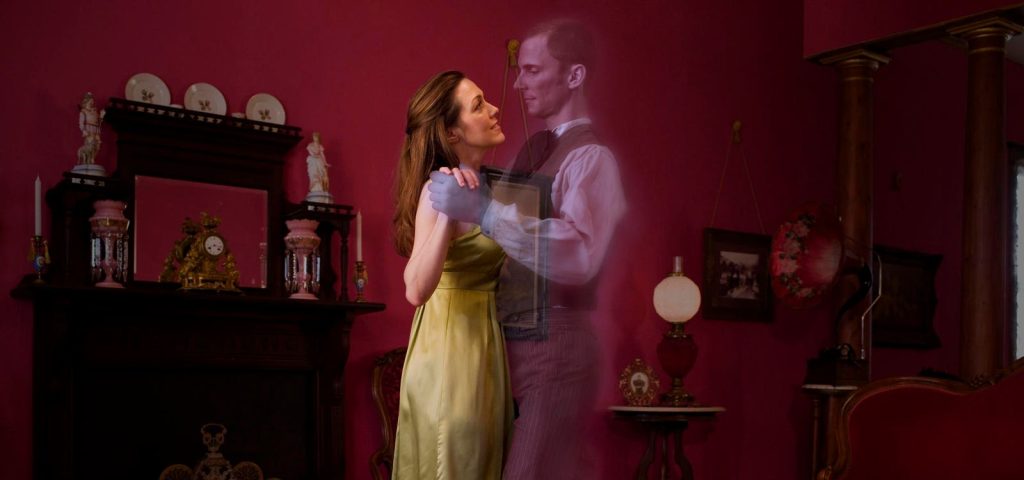Erotomania, also known as De Clérambault’s syndrome, is a rare psychiatric disorder characterized by a delusional belief that another person, often of higher social status or celebrity status, is in love with the individual. Sometimes, this person may even be a fictional character or deceased. Beliefs about their connection are typically irrational and not based on any real romantic relationship or interaction with the person.
How Does Erotomania Manifest In A Person?
A 2020 study suggests that individuals with erotomania may exhibit various behaviors associated with their delusion, such as gathering information about them, sending letters or gifts, repeated attempts to make contact and, in some extreme cases, stalking the perceived love interest or even threatening physical violence.
Despite repeated rejections or lack of reciprocal interest from the object of their delusion, the individual remains convinced of the other person’s love and often interprets neutral or negative interactions as evidence of hidden affection.
Such individuals may engage in an extreme form of confirmation bias, a tendency to seek information that confirms one’s pre-existing beliefs while ignoring or discounting contradictory evidence. They often interpret and selectively perceive information that supports their delusional beliefs.
Individuals with erotomania may also experience intrusive and obsessive thoughts about the object of their delusion that interfere with their daily functioning. Such individuals typically lack insight into the irrationality of their beliefs and may become defensive or hostile when confronted with disbelief or skepticism about their claims.
In fact, research shows that there are three stages of erotomania:
- Hope. The individual hopes the object of their affection will acknowledge them openly and declare their love.
- Resentment. The individual starts to feel humiliated due to feelings of rejection. They may start to feel desperate for their love interest’s attention.
- Grudge. The individual may believe they have been wronged or led on and possibly develop delusions of persecution to maintain their delusional belief system. For example, they may believe that the object of their delusion is being coerced or manipulated by external forces to reject them or begin to believe that the object of their delusion, along with others associated with them, is actively trying to harm them.
At the grudge stage, individuals with erotomania might possibly act out or finally accept that the relationship is impossible, moving on to repeat the cycle with someone new.
Here are two real-life examples of this cycle of erotomania.
Real-World Cases Of Erotomania
An infamous case of erotomania includes a man who became infatuated with actress Jodie Foster after repeatedly watching the film Taxi Driver and began to stalk her. He also attempted to assassinate then-President Ronald Reagan, believing this would help gain her attention and impress her.
Further, in a 2020 case report, researchers discuss the case of a 55-year-old Caucasian male living with erotomania in a small village in Portugal. The individual, referred to as Mr. X, develops delusional beliefs that three different women in the coffee house he frequents are romantically in love with him.
Despite lacking prior significant interactions with these women, Mr. X interprets small gestures and interactions as evidence of their affection towards him. His infatuation persists despite rejection and confrontations, leading to escalating behaviors such as sending frequent text messages, stalking and even threatening one woman with a knife. His delusional beliefs extended to paranoia as he believed that one of the women was using witchcraft to harm him.
As is consistent in cases of erotomania, the women were unattainable to Mr. X in some way, either by being married or holding positions of power in the village and their actions seemed paradoxical—they loved him but could not “express it.”
Explanations such as “she isn’t expressing her love to me since she is married” serve to fuel delusions that would otherwise be unexplainable and force him to confront reality.
“Our patient believed Mrs. A, Mrs. B and Mrs. C fell in love with him and were the first ones to make advances—Mrs. A looked at him in a special way, Mrs. B tried to sabotage his relationship with Mrs. A because she was jealous and Mrs. C asked people in the coffee house to pair them up,” the researchers explain, highlighting false beliefs Mr. X had developed about women who had no relationship with him.
Researchers suggest that patients also believe that the object of their desire fell in love with them first and cannot be happy without them. To them, it’s often about being loved, rather than loving the other person.
Obsessive love or infatuation of any kind can be detrimental to an individual and the people around them. It is essential to be mindful of one’s parasocial connections and seek mental health support if one is struggling to navigate the lines between reality and fantasy.
If you are curious whether your attitude towards celebrities is healthy or obsessive, take this test: Celebrity Attitude Scale
Read the full article here






